We’ve all been there. You have a free afternoon all for yourself, full of possibilities, and then…
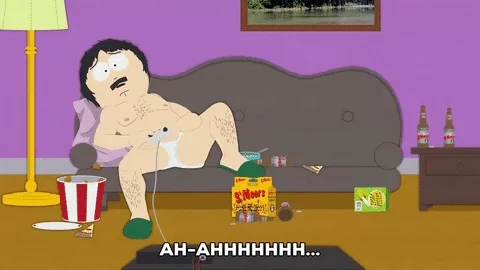
Poof! Where did the time go?!
I had the same problem, wasting hours when I knew I could use my time better, but wasn’t sure what to do. After learning and using some helpful strategies in my life, I became more efficient at using my time in productive ways. 💪

1. Find activities that improve your well-being
 Use your free time for goals that will have a positive impact and enrich your life. The first step is to think about what you would like to pursue. Examples of those activities can be:
Use your free time for goals that will have a positive impact and enrich your life. The first step is to think about what you would like to pursue. Examples of those activities can be:
Engaging in physical activities
Fostering social interactions
Reading
Learning a new skill
Volunteering and networking
Exploring hobbies
Being in nature
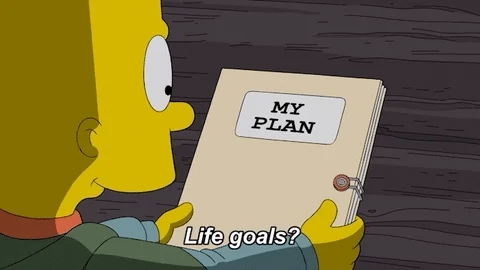
2. Remove distractions that waste your time
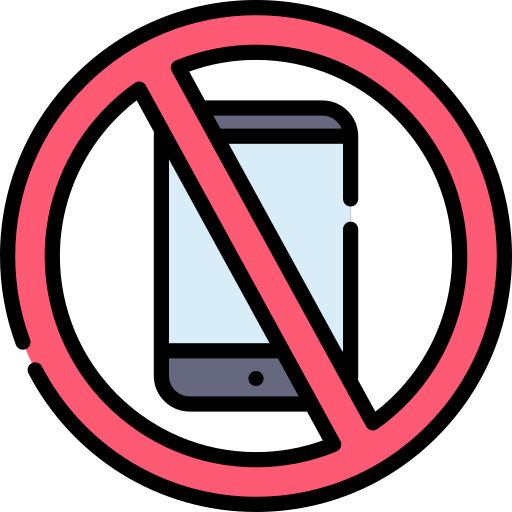
Social media scrolling, long naps, chatting on the phone, or a never-ending to-do list… Some activities can consume our time without us noticing until it's too late. ⌛
Identify the things that are getting in your way or distracting you.
Minimize the distractions. For example, maybe you turn off your phone notifications or only allow yourself to watch TV once your task is complete.
Tell others that you're trying to use your time wisely. People will respect your free time if they know about your goals.
For me, turning off all of my phone notifications was a huge improvement. It makes me check my phone less often and saves me time! 📲
Check out this list: 10 Apps that Limit your Screen Time

Did you know?
3. Make free time as important as school or work time
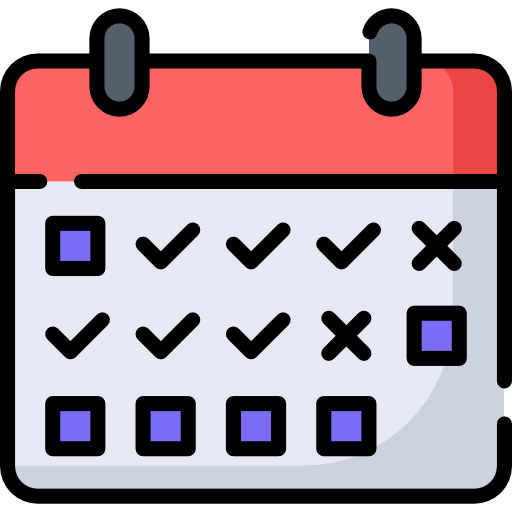
Block time for activities you’d like to pursue when you know you'll be free. That makes it easier to remember and commit to it. Make sure to:
Put activities on your calendar so that the time is now “booked” for that activity.
Plan your activities ahead of time so you'll know what your schedule will look like in the next few weeks.
Make an effort to stick to your plans. Consistency is key when creating a routine.
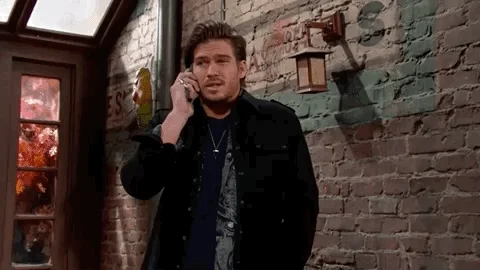
Subscribe for more quick bites of learning delivered to your inbox.
Unsubscribe anytime. No spam. 🙂
4. Remove barriers to goals & make them easier to achieve

Make it easier to do the things you actually want to do in your free time. For example:
Make it interesting: Read more by making sure books are easily accessible and the titles are of high interest to you.
Save time: Find volunteering opportunities around school or work that would make commuting easier.
Prepare ahead: Have all your workout gear ready in a bag, so you can take it with you when it’s time to hit the gym.
Find partners: Meet people around you interested in hobbies you want to pursue to keep you accountable and exchange ideas.
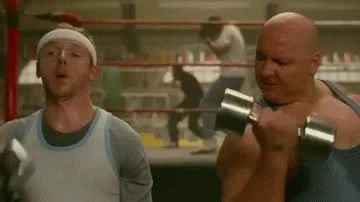
5. Be realistic about how many things you can do
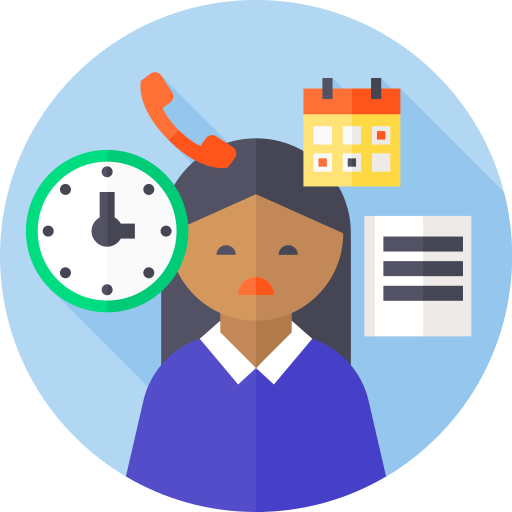
I enjoy many activities, but I know I can’t dedicate myself to them all at once. I would end up frustrated, with an overloaded schedule! Instead:
Find a few activities to try out at first and dedicate some time for improvement.
If you're curious about many activities, try rotating them. I usually hike in the summer and leave painting for the winter season when I know I’ll be indoors.
Make sure you're saving some time for rest, too. Otherwise, you can burn out and give up on reclaiming your free time altogether! Check out this Byte about the 7 types of rest to learn more.
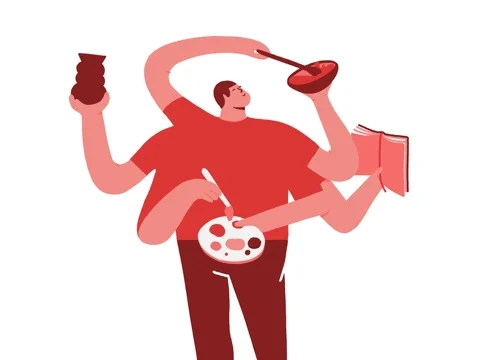
Did you know?
Quiz time!
Jayda has free time after school at 4 pm every day. She is trying to use that time to run.
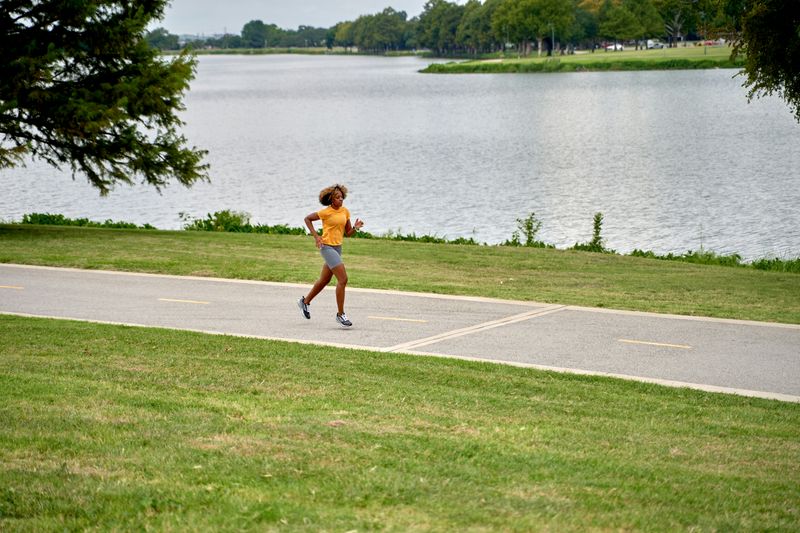 Photo by Jeremy Stewart on Unsplash
Photo by Jeremy Stewart on UnsplashHere are some of the things she is considering doing:
A. Packing a water bottle and sneakers so they're ready.
B. Waiting for friends to join her for a run to make it more fun.
C. Watching TikToks about fitness to get ready before she goes out for a run.
D. Doing a long run whenever she remembers, to fit it into the schedule.
Quiz
What can Jayda do to help her succeed?
Take Action
Congrats! You're on the right path to more productive free time.

Remember to give yourself time to adjust to your new routine, and don't give up if it seems tough to keep a schedule at first. Making the best of your free time is all about consistency and determination.
Your feedback matters to us.
This Byte helped me better understand the topic.
